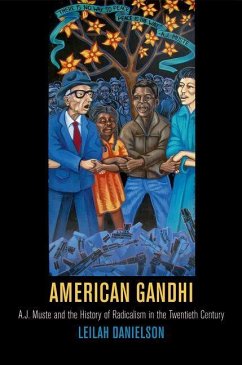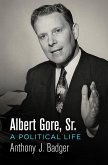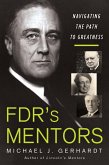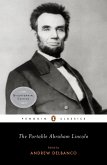When Abraham Johannes Muste died in 1967, newspapers throughout the world referred to him as the "American Gandhi." Best known for his role in the labor movement of the 1930s and his leadership of the peace movement in the postwar era, Muste was one of the most charismatic figures of the American left in his time. Had he written the story of his life, it would also have been the story of social and political struggles in the United States during the twentieth century.
In American Gandhi, Leilah Danielson establishes Muste's distinctive activism as the work of a prophet and a pragmatist. Muste warned that the revolutionary dogmatism of the Communist Party would prove a dead end, understood the moral significance of racial equality, argued early in the Cold War that American pacifists should not pick a side, and presaged the spiritual alienation of the New Left from the liberal establishment. At the same time, Muste was committed to grounding theory in practice and the individual in community. His open, pragmatic approach fostered some of the most creative and remarkable innovations in progressive thought and practice in the twentieth century, including the adaptation of Gandhian nonviolence for American concerns and conditions.
A biography of Muste's evolving political and religious views, American Gandhi also charts the rise and fall of American progressivism over the course of the twentieth century and offers the possibility of its renewal in the twenty-first.
In American Gandhi, Leilah Danielson establishes Muste's distinctive activism as the work of a prophet and a pragmatist. Muste warned that the revolutionary dogmatism of the Communist Party would prove a dead end, understood the moral significance of racial equality, argued early in the Cold War that American pacifists should not pick a side, and presaged the spiritual alienation of the New Left from the liberal establishment. At the same time, Muste was committed to grounding theory in practice and the individual in community. His open, pragmatic approach fostered some of the most creative and remarkable innovations in progressive thought and practice in the twentieth century, including the adaptation of Gandhian nonviolence for American concerns and conditions.
A biography of Muste's evolving political and religious views, American Gandhi also charts the rise and fall of American progressivism over the course of the twentieth century and offers the possibility of its renewal in the twenty-first.
Dieser Download kann aus rechtlichen Gründen nur mit Rechnungsadresse in A, D ausgeliefert werden.









